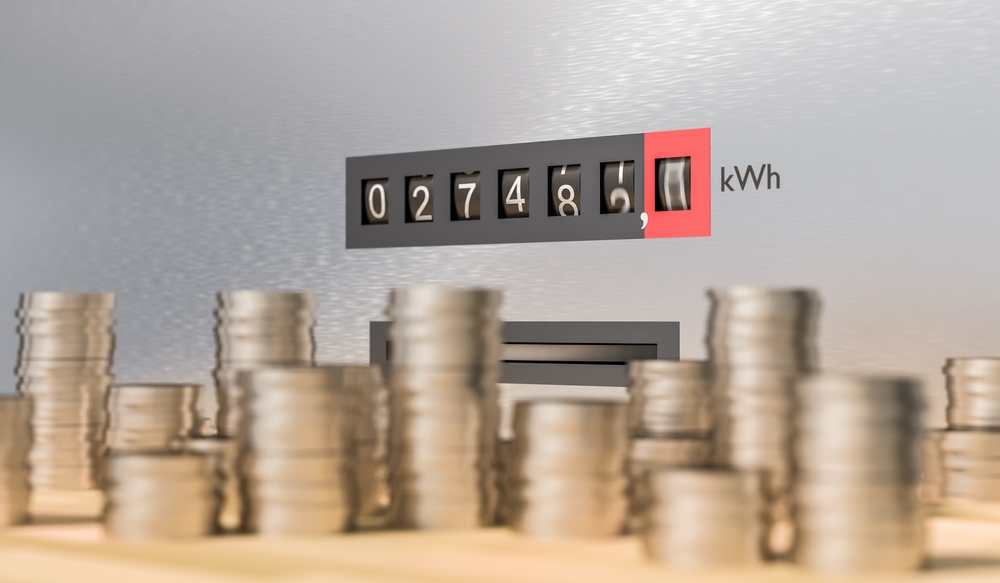The End Fuel Poverty Coalition has warned of a drastic rise in the number of households affected by fuel poverty unless urgent action is taken.
With wholesale energy costs increasing, experts are increasingly concerned at the impact this will have on fuel bills.
Simon Francis, Co-ordinator of the End Fuel Poverty Coalition, said:
Where wholesale energy prices rise, consumer prices follow – usually with a six month lag due to the Ofgem price capping process.
The latest rises in wholesale prices means that we face the possibility of more households facing fuel poverty than ever before. And with fuel poverty comes increased risks of suffering the worst effects of respiratory illnesses, such as Covid-19.
Indeed, when combined with the increase in general prices caused by inflation and Brexit supply issues, we face the real possibility of fuel poverty levels increasing drastically.
The Government must take urgent action to ensure people don’t have to choose between heating and eating this winter while rapidly deploying programmes to improve the energy efficiency of homes.
Coalition members have also highlighted the problems caused by rising energy prices. Peter Smith, Director of Policy and Advocacy at National Energy Action, said:
This is the toughest start to an autumn that I can remember. This toxic cocktail of challenges will leave millions of households struggling to cope with less income and higher costs. For many it will be an impossible task.
We need immediate support for those on lowest incomes, we need to clear levels of household energy debt fast, we need to give more protection to the fuel poor from future price rises and we need to reduce people’s exposure to high prices by making homes more efficient.
Ian Preston head of household energy at CSE said:
Heating your home isn’t cheap and with the price of energy sky rocketing right before winter, it is going to be a difficult time for many people. Keeping healthily warm is a basic human right and it’s wrong that so many people are struggling with cold homes when living in a developed country like the UK.
CSE has energy saving advice and top tips for people worried their energy supplier is about to go bust or thinking of switching as prices soar.
Cold homes cause misery, ill-health and social exclusion. Many government and industry support programmes, like furlough, are due to end soon and the energy advice sector will face a tsunami of demand from people needing support. We need urgent action from government to maintain support for people in vulnerable circumstances.
A spokesperson for Age UK added:
Lots of older people will have seen the reports about the possibility of energy shortages & price hikes coming soon and will be extremely anxious as a result. It’s hard enough for many to keep warm through the winter as it is, but now it seems this annual challenge could become tougher still.
We urge older people not to be overly concerned at this stage, pending more information from Government, which we hope will be published very soon. In the meantime, if you are having problems paying your energy bills, or repaying a debt, it is the duty of your energy company to help you so it’s worth getting in touch with them, though at present their phone lines are likely to be busy. Any older person is also welcome to call the Age UK advice line. Hopefully we can assist you, for example by checking you are receiving all the financial help to which you are entitled.
If these reports about soaring energy bills turn out to be true Age UK will certainly be calling on the Government to take action so that a problem in the energy sector doesn’t translate into a tragedy for millions of older people who can’t keep their homes adequately warm.



